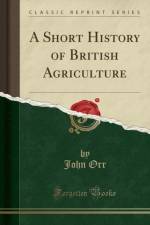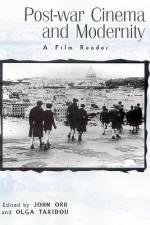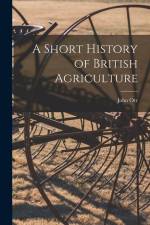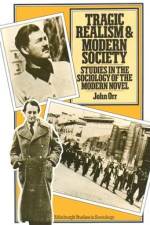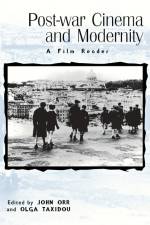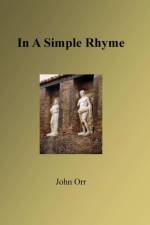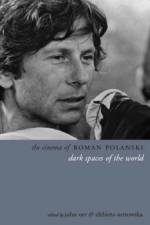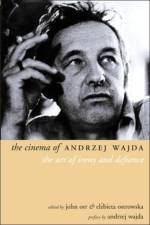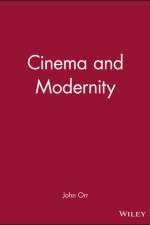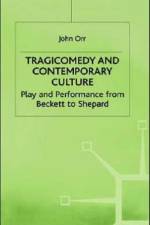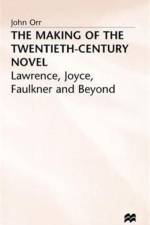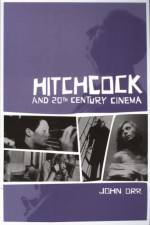- A Film Reader
av John Orr
1 519,-
Post-war Cinema and Modernity explores the relationship between film and modernity in the second half of the twentieth century. It begins with essays analyzing new post-war forms of film narrative and responses to the filmic innovations of the 1960s and the question of modernism. Pasolini's landmark polemic on the cinema of poetry is a vital springboard for the later critiques of time and the image, subjectivities and their narrative transformation, and the topical question of film and postmodernity. A discussion of changes in film technology and cinematic perception extend to the questions of film documentary. Finally, there is a focus on cinematographers and their filmic collaboration. The second section, International Cinema, places filmmaking and filmmakers in a social and a national context. It brings together landmark essays which contextualize feature films historically, yet also highlight their aesthetic power and their wider cultural importance. Filmmakers discussed include Ozu, Welles, Bresson, Hitchcock, Godard, Egoyan, Fassbinder and Zhang Yimou. Contributors include: Nestor Almendros, Jacques Aumont, Andre Bazin, Noel Burch, Scott Bukatman, Michael Chapman, Rey Chow, Terry Comito, Timothy Corrigan, Angela Della Vacche, Gilles Deleuze, Peter Harcourt, Frederic Jameson, Bruce Kawin, Krzystof Kieslowski, Vassiliki Kolocotroni, Teresa de Lauretis, Colin MacCabe, Christian Metz, Tania Modleski, Laura Mulvey, Bill Nicholls, John Orr, David Pascoe, Pier Paolo Pasolini, Duncan Petrie, Donald Richie, Larry Salvato, Dennis Schaefer, Paul Schrader, Susan Sontag, Andrei Tarkovsky, J.P. Telotte, Paul Virilio, Peter Wollen, Ismail Xavier, Denise Youngblood.

